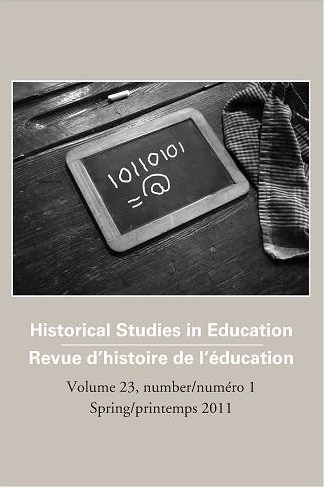Spring/printemps 2011
Articles
The French Third Republic: Popular Education, Conceptions of Citizenship and the Flemish Immigrants
Publiée
May 12, 2011
Comment citer
Kusters, Walter, et Marc Depaepe. 2011. « The French Third Republic: Popular Education, Conceptions of Citizenship and the Flemish Immigrants ». Historical Studies in Education / Revue d’histoire De l’éducation 23 (1). https://doi.org/10.32316/hse/rhe.v23i1.2375.
